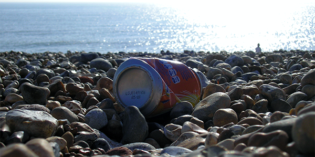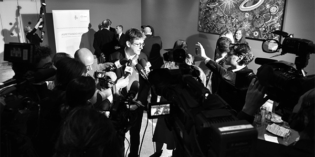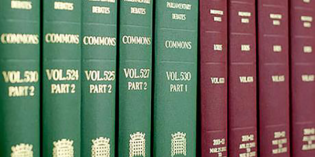
Book Review | The Politics of the Anthropocene by John S. Dryzek and Jonathan Pickering
In The Politics of the Anthropocene, John S. Dryzek and Jonathan Pickering consider politics and governance for the time of the Anthropocene, exploring how it forces us to think anew about ideas of nature, justice, sustainability and democracy. The book not only attunes us to the depth of the challenges ahead, but also provides openings through which our politics can evolve with the dynamism and uncertainties of the Anthropocene era, writes Raj Kaithwar.

Brexit and devolution in England: what’s at stake
The debate on Brexit has spurred discussion about how the UK’s exit from the EU could affect the devolved nations (Scotland, Wales and Northern Ireland). But, writes Arianna Giovannini, the impact on England is also important to address, as the lack of a coherent devolution policy means that Brexit could have profound institutional, economic and political effects on the largest nation of the UK.

Book Review | Breaking News: The Remaking of Journalism and Why it Matters Now by Alan Rusbridger
In Breaking News: The Remaking of Journalism and Why it Matters Now, former Guardian editor Alan Rusbridger offers an appraisal of news media today, drawing on his experience at the helm of the British newspaper that broke notable news stories relating to phone hacking, Wikileaks and the National Security Agency (NSA) revelations. While the book could include more self-reflection when it comes to Rusbridger’s business decisions as editor, this is a vital read for anyone interested in the viability of our media in the digital era, recommends Peter Carrol.

Democratising Hansard: continuing to improve the accessibility of parliamentary records
The official, substantially verbatim report of what is said in both houses of Parliament is an essential tool for ensuring democratic accountability. This record, Hansard, contains a wealth of data, but it is not always fully accessible and easy to search. Lesley Jeffries and Fransina de Jager explain how a new project, Hansard at Huddersfield, aims to improve access to the Hansard records and contribute new ways of searching the data.

Detecting election fraud: is it possible to identify manipulated vote counts?
In the quest to tackle electoral malpractice, election observers and political scientists have sought ways to identify when vote counts have been manipulated. One proposed method is to analyse non-random patterns in the last digits of vote counts. Verena Mack and Lukas F. Stoetzer tested this technique and found that it cannot reliably identify fraud, but that such experiments are a useful way to build up a set of potential identifiers of vote manipulation.

Economic voting and party positions: when and how wealth matters for the vote
Does the ownership of economic assets matter for how people vote? Drawing on new research, Timothy Hellwig and Ian McAllister find the answer is yes. They argue that by changing their policy positions, parties can shape the influence of asset ownership on voter decisions, if there is sufficient party polarisation.








 Democratic Audit's core funding is provided by the Joseph Rowntree Charitable Trust. Additional funding is provided by the London School of Economics.
Democratic Audit's core funding is provided by the Joseph Rowntree Charitable Trust. Additional funding is provided by the London School of Economics.